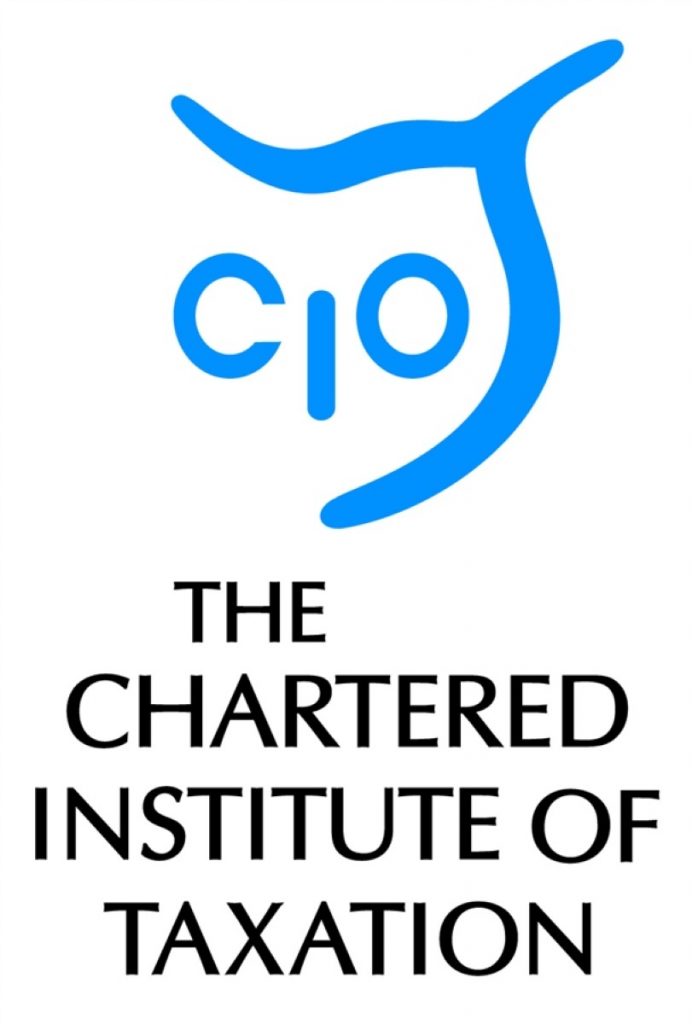CIOT: Institute warns ‘simpler tax’ proposals are ‘the opposite of simple’
The Chartered Institute of Taxation (CIOT) is warning that a government proposal to simplify tax and accounting for small businesses is complex, strewn with pitfalls and doomed to fail.
Andrew Gotch, Chairman of the CIOT’s Owner Managed Business technical sub-committee, said:
“This was a real opportunity to simplify the tax system for the smallest businesses, but the Government are blowing it. These proposals are the opposite of simple. We urge the Government to reconsider the proposals and make changes, to make them more simple and workable.”
The CIOT’s comments come in response to draft legislation on ‘Simpler Income Tax for the Smallest Businesses’, including cash accounting, published for consultation ahead of its inclusion in Finance Bill 2013 this spring.
The CIOT backs the introduction of cash accounting for the smallest businesses as originally suggested by the Office of Tax Simplification (OTS) in February 2012. However, HMRC have coupled the proposed cash basis with a number of unpalatable conditions, such as the withdrawal of the ability to claim certain business expenses and reliefs, making the package complex and unattractive. This seems to be linked to the much-increased (compared with the OTS recommendation) size limit for the scheme, which has led to HMRC concerns about tax leakage.
Andrew Gotch continued:
“The Government’s sensible objective of making tax easier for the smallest businesses will not be met by the proposals set out in the draft legislation. It is complex and full of compliance pitfalls and undermines what should be a simple system.
“Preventing people from setting losses against other income will penalise small businesses trying to use what is supposed to be a simpler system built just for them. This will be a strong deterrent from using the cash basis and should be reconsidered.
“Small start-ups are particularly likely to make initial losses. So we believe HMRC are under a duty to publicise the fact that such businesses will be depriving themselves of cash flow from losses in earlier years if they opt for the cash basis. These restrictions, coupled with the sheer complexity of the proposed system and consequent risk of inadvertent non-compliance, mean that competent advisers will unfortunately find it difficult to recommend the cash basis to many small businesses.
“The proposals will effectively require advisers and provoke taxpayers to prepare accounts on both an accruals and a cash basis every year in order to decide which is ‘best’ from a tax perspective. Thus the legislation builds in exactly the kind of tax-driven avoidance that HMRC and Government should be actively discouraging. It is also precisely the opposite of the OTS’s aim: to have a simple system that is the obvious way to go for the smallest businesses and which can be managed without extensive professional advice. HMRC’s proposal is bad policy and bad law.”
Notes to editors
1. The CIOT’s comments on the draft Finance Bill 2013 clauses are at: http://www.tax.org.uk/tax-policy/public-submissions/2013/FB13_CIOT
2. The Chartered Institute of Taxation
The Chartered Institute of Taxation (CIOT) is the leading professional body in the United Kingdom concerned solely with taxation. The CIOT is an educational charity, promoting education and study of the administration and practice of taxation. One of our key aims is to work for a better, more efficient, tax system for all affected by it – taxpayers, their advisers and the authorities. The CIOT’s work covers all aspects of taxation, including direct and indirect taxes and duties. Through our Low Incomes Tax Reform Group (LITRG), the CIOT has a particular focus on improving the tax system, including tax credits and benefits, for the unrepresented taxpayer.
The CIOT draws on our members’ experience in private practice, commerce and industry, government and academia to improve tax administration and propose and explain how tax policy objectives can most effectively be achieved. We also link to, and draw on, similar leading professional tax bodies in other countries. The CIOT’s comments and recommendations on tax issues are made in line with our charitable objectives: we are politically neutral in our work.
The CIOT’s 16,500 members have the practising title of ‘Chartered Tax Adviser’ and the designatory letters ‘CTA’, to represent the leading tax qualification.
– ENDS –





-01.png)